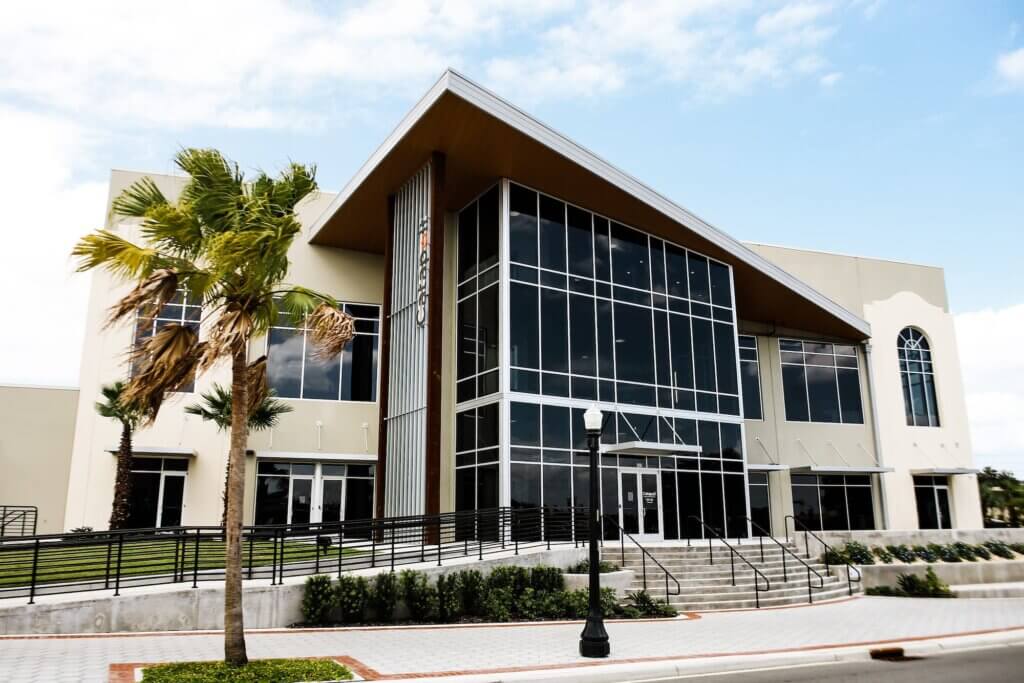Celebrating Polk County’s Farmers and Ag Businesses on National Agriculture Day
Have you ever thought about where the food you consume comes from? Many don’t, which is why National Agriculture Day is held each year. On March 18, we can take a minute to thank farmers of all kinds as part of this year’s theme – Agriculture: Together We Grow.
One of Ag Day’s goals is to “highlight industry veterans and experts and inspire the next generation of American agriculture champions,” according to agday.org.
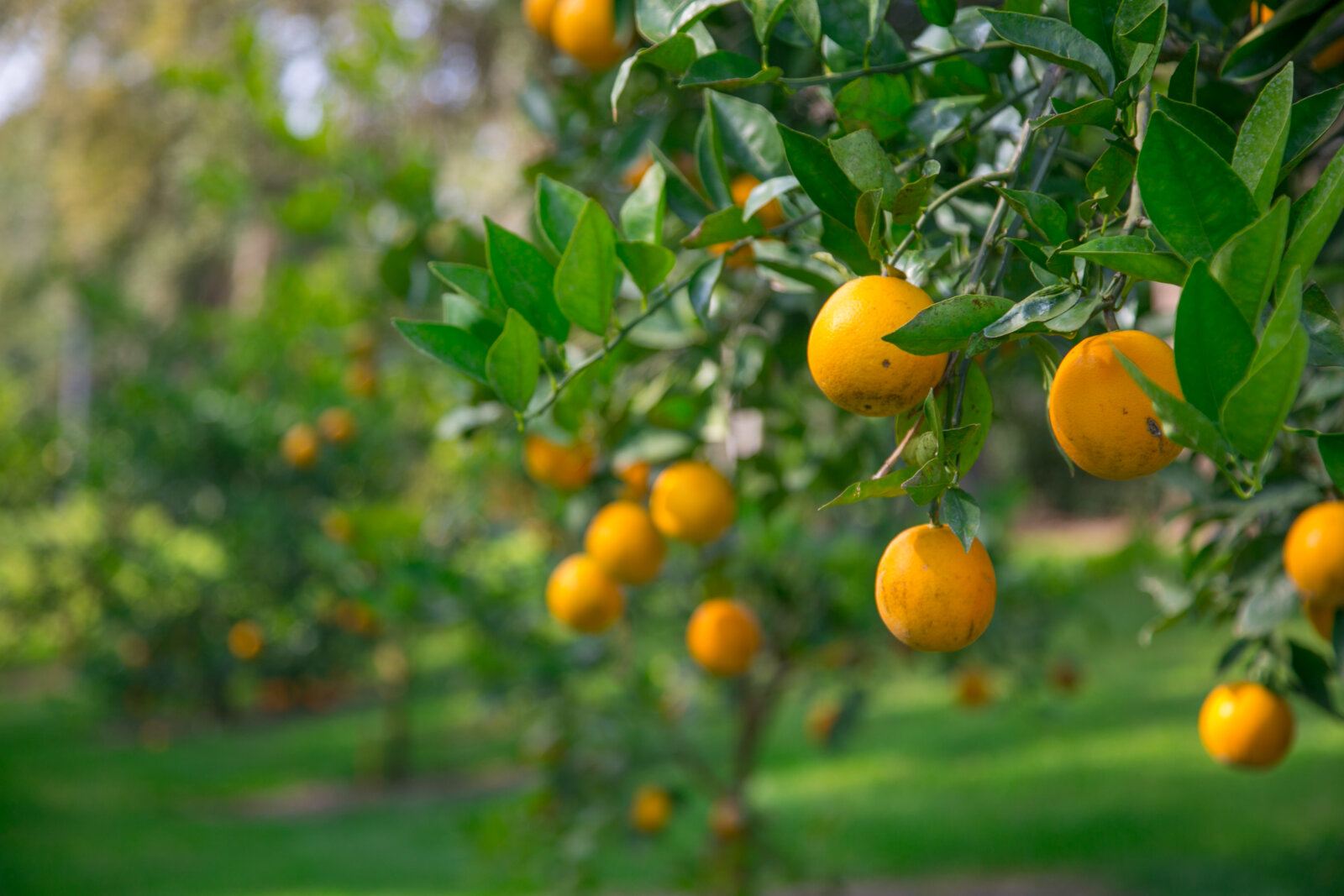
Polk County has a long history of citrus and cattle production, but it’s now home to so much more. Blueberry patches, tomato and strawberry fields, agritourism, agribusiness and agritechnology, which include everything from food processing to food flavoring, are just a few other specialties.
The Central Florida Development Council is proud to work hand in hand with agriculture-related partners. To celebrate them and everyone in the business, we talked with four companies to find out the state of their businesses. Their responses are below, and have been lightly edited.
Ben Hill Griffin Inc
Ben Hill Griffin Jr. started his company with a 10-acre orange grove and a small citrus packing house, shipping citrus to other parts of the United States and processing fruit. He incorporated in Frostproof in 1959, naming his company Griffin Concentrate Co. Two years later, he changed it to Ben Hill Griffin Inc. The company continues to thrive today, and
Executive Vice President Emery Smith answered several questions.
QUESTION: How has agriculture helped build BHG into the company it is today?
SMITH: Ben Hill Griffin Inc. was founded on agricultural endeavors. The founder, Ben Hill Griffin Jr., started with citrus groves and cattle. He soon added a fresh fruit packinghouse to sell his fresh fruit. Later a fertilizer blending plant was established to support his expanding citrus grove acreage. They developed a citrus nursery to supply trees for the groves.
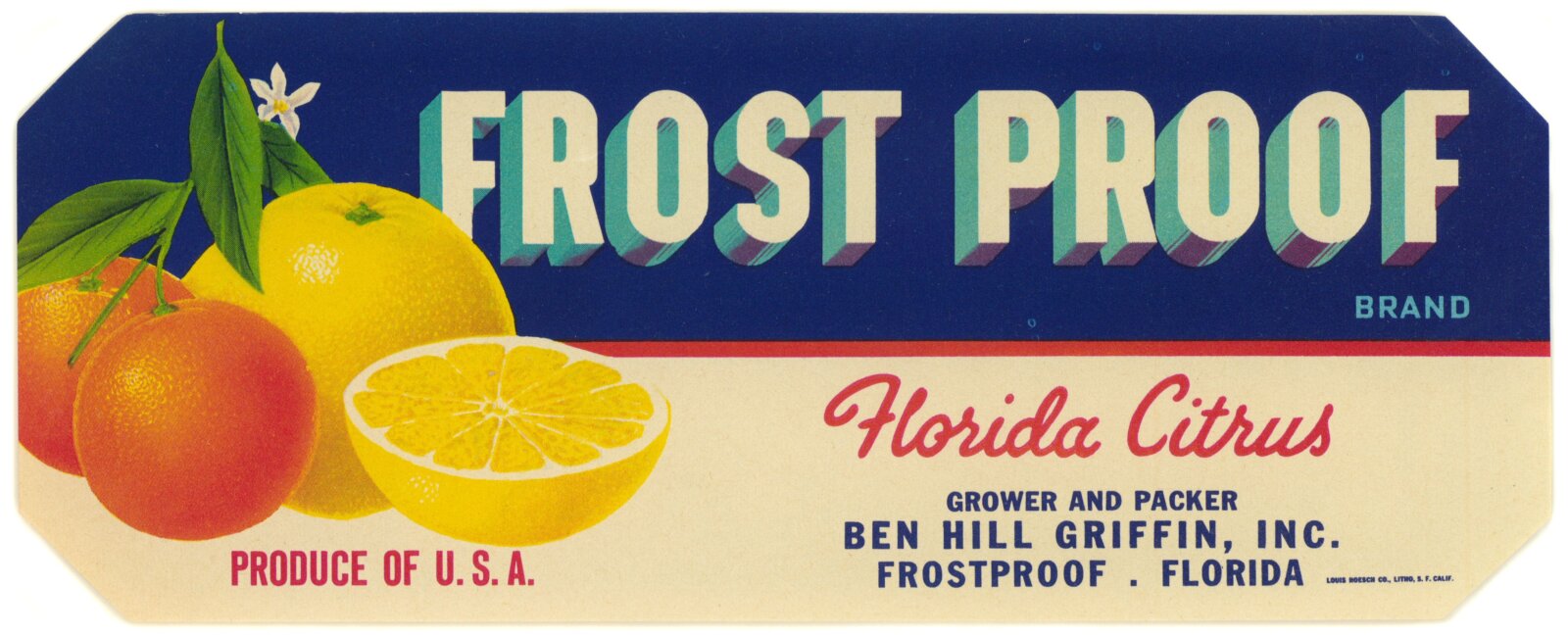
QUESTION: How has technology helped the company?
SMITH: All of these businesses have benefited from technology. The fertilizer and crop protection equipment had electronic eyes added to reduce the inputs on smaller trees or blank spaces in the groves. Citrus packinghouses also use electronic eyes for sorting and grading fruit, aiding in the quality that the consumer receives. These are just a couple examples of many.
QUESTION: What do the next three to five years look like?
SMITH: Agriculture has and will always have challenges as you are often dealing with things beyond your control. New advancements and adaptations will allow continued opportunity for those willing to continue to pursue them.
The Mosaic Company
Mosaic is the world’s largest integrated producer of phosphate and potash. These are two critical nutrients in agriculture, said Morgan Odum, a Public Affairs Manager. “With a mission to help the world grow the food it needs, Mosaic is the only U.S.-owned fertilizer company producing both essential products in North America.”
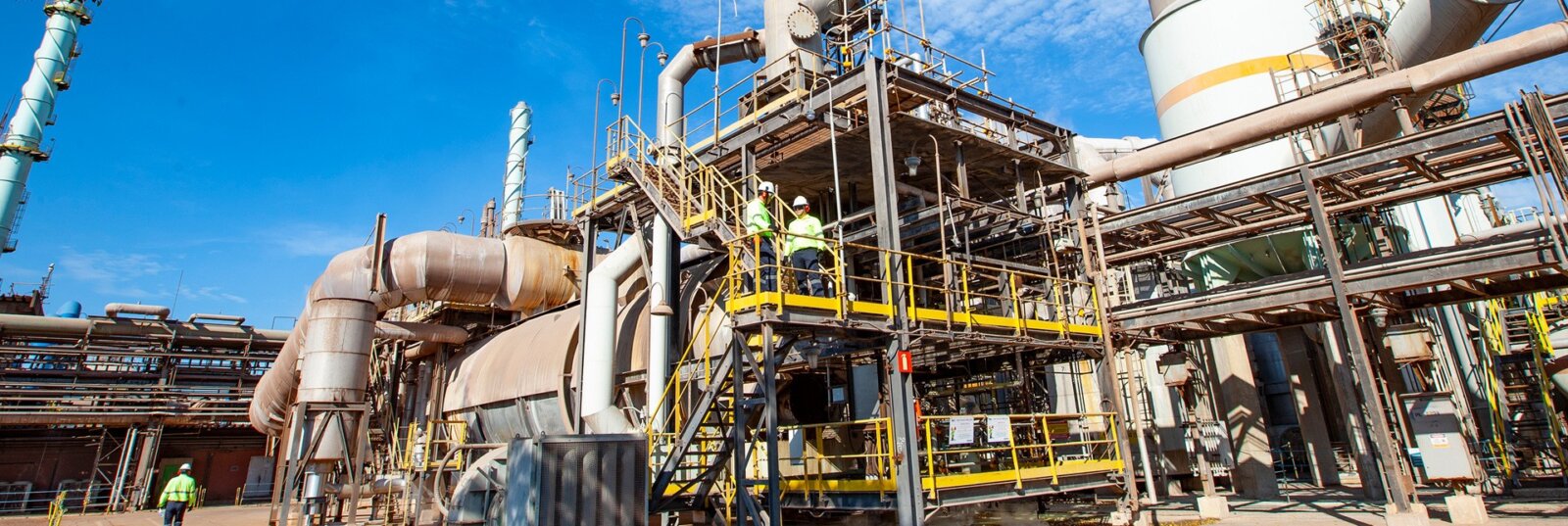
“Without fertilizer, crop yields would be cut in half,” she said, “putting our domestic food supply at risk. The global population is expected to reach 9 billion people by 2050, and most of our future food supply will have to come from existing land. Because of this, farmers rely on Mosaic to keep their soils healthy, nourish their crops and maximize their crop yields. In North America, our products account for 73 percent of annual phosphate production.”
QUESTION: How does Mosaic celebrate the ag industry?
ODUM: One of the primary ways Mosaic champions the agriculture industry is through the promotion of sustainable farming practices like the 4R Nutrient Stewardship Program. It encourages growers to optimize their crop yields by applying the right fertilizer, at the right rate, the right time and in the right place.
Mosaic also invests in new, innovative technologies through the Mosaic Biosciences program, which continues to evaluate and implement the best crop nutrition products on the market for better agribusiness.
Agriculture & Economic Impact
QUESTION: How important are farmers and others in the industry to the economy, and therefore to Mosaic?
ODUM: The fertilizer industry has a major economic impact. The United States is the third-largest fertilizer consumer, accounting for 11% of global consumption. Fifty percent of U.S. farmers depend on Mosaic for their phosphate fertilizers. With more than 3,000 employees and 3,000 contractors in Florida, Mosaic spent $1.2B with Florida-based vendors in 2023 and had $1.9B in spend at Florida sites. Mosaic is also a major player at the Port of Tampa Bay, moving an annual volume of 7M to 8M tons of product. In total, Mosaic is responsible for 20% of the port’s economic impact.
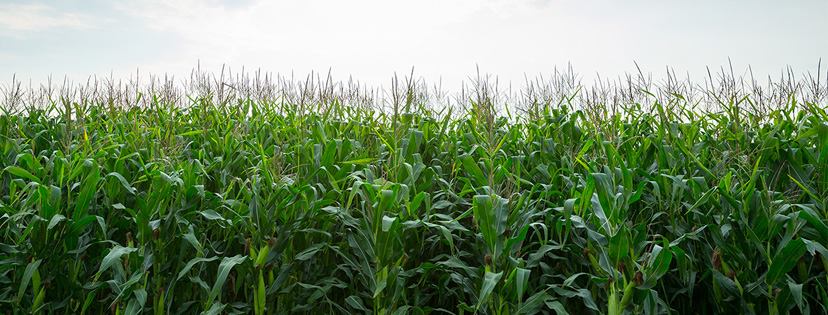
Mosaic is a champion of youth in agriculture by investing in 4H and FFA programs across our communities. In Florida, we are proud to purchase youth livestock projects at the Florida Strawberry Festival, Polk County Youth Fair, Charlotte County Fair, Central Florida Youth in Agriculture Showcase, Hardee County Fair, DeSoto County Fair and Manatee County Fair. In 2024, Mosaic purchased 12 steers and 27 swine. The meat from the projects totaled over 10,000 pounds. This was then donated back to local food banks across seven counties to feed those in need.
Our commitment to agribusiness and the future of agriculture is strengthened by our reclamation efforts. Every acre of mined land is returned to productive use. Some of our ag holdings on reclaimed land include blueberries, sod, tilapia, green beans and pastureland. We are proud to continue our important work of helping the world grow the food it needs.
Polk County Farm Bureau
The Polk County Farm Bureau has been representing Polk County’s farmers for more than 80 years. They boast more than 4,800 members. Carole McKenzie is its Executive Director.
QUESTION: How would you assess the state of agriculture in Polk County?
McKENZIE: We assess the state of agriculture in Polk County based on exciting things that we see coming. And, continued efforts that have been worked on for many years and continue to be pursued at multiple levels. Those are:
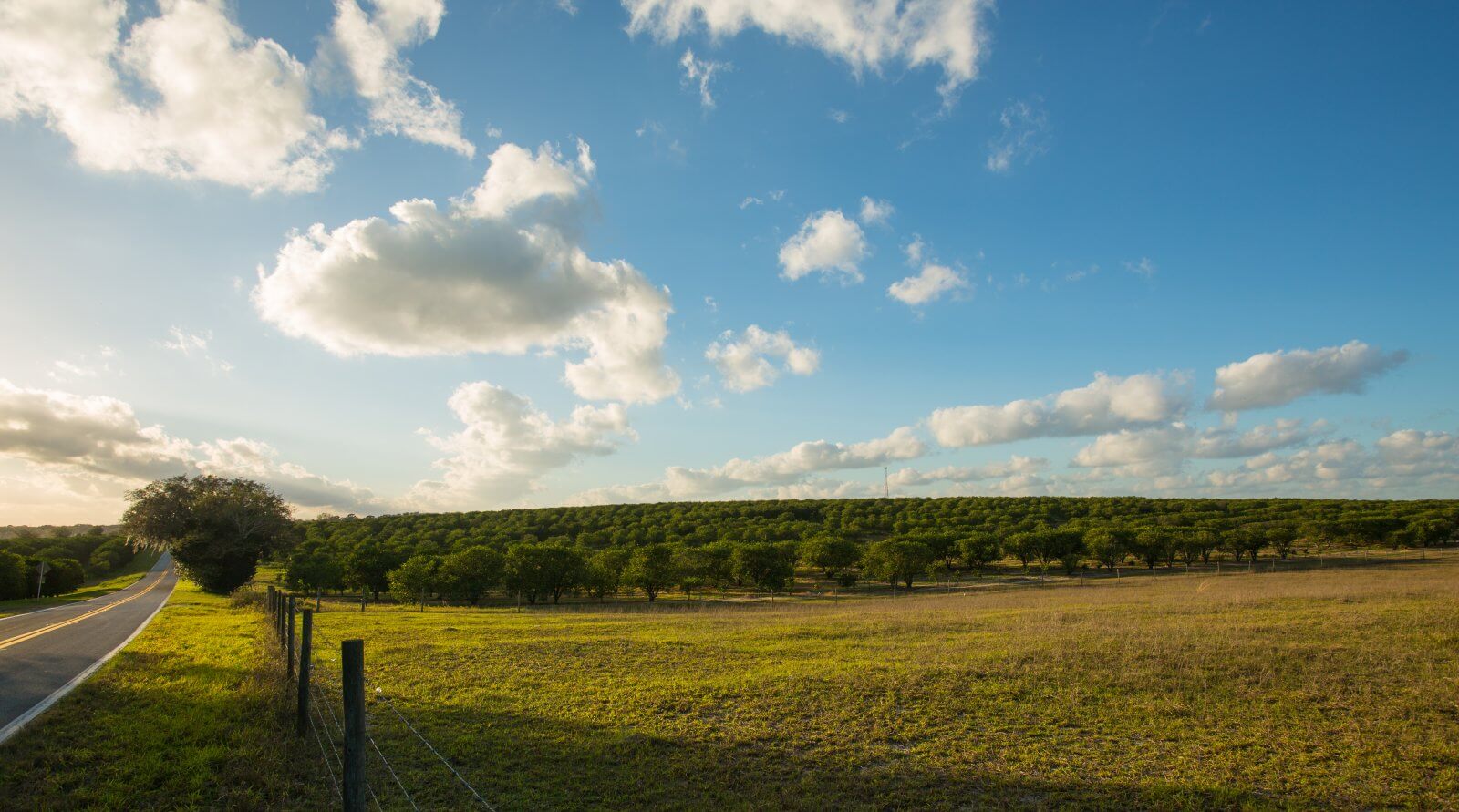
- Hard fought efforts to continue Citrus research, funding and grove sustainability. A great deal of Citrus research funding has been financed by the growers themselves via the Florida Citrus Research Foundation.
- Efforts of Florida and County Farm Bureaus, Florida Citrus Mutual, Florida Fruit and Vegetable Growers Association, Florida Cattlemen’s Association. And, all grower and rancher representation organizations’ lobbying efforts at the local, state and federal levels.
- Agricultural land commodity diversification efforts, such as strawberries, watermelons, other crops in the trial process and reinvestment in the land.
- By new agriculture education efforts at both the county and Polk School Board levels.
- Through land conservation efforts at both the local and state levels — preserving agricultural land for future generations vs. development.
The Future of Agriculture
QUESTION: What do you think the next three to five years look like for ag here?
McKENZIE: For established farmers and ranchers, we are seeing continued research, investments, planting alternative crops/diversification, agricultural land conservation efforts and also loss of agriculture lands. We are also seeing new investors from out of state who want to buy smaller plots of land here and become farmers.
QUESTION: What can be done to improve agriculture here?
McKENZIE: There are several ways we can improve:
- Community and stakeholder support of continued research funding and overall support for Florida citrus producers.
- Regulation consideration and incentives for keeping ag lands in production and in ag land conservation efforts.
- More community education of the commitment of the agricultural community heritage as stewards of the land. And the importance that those lands play in the quality of life, wildlife corridors, ecotourism, agritourism, and cultural land historical tourism benefits that need to be preserved.
- Implement support at the state and local legislative branches. And the general population community, for the many families who have practiced agriculture production in Florida for generations.
The Story Companies
The Story Companies has been in Polk County since the 1930s. Originally, they started out with a small citrus garden, now a company that’s at the forefront of technology in agriculture. Kyle Story, Vice President, is a fourth-generation farmer who has been adapting to changes in his industry for years. Story answered questions for his company.
QUESTION: How is technology changing agriculture?
STORY: Farmers are always looking for efficient ways to grow the best fruit and vegetables with less inputs. Using technology on our farms allows for those goals to be reached.
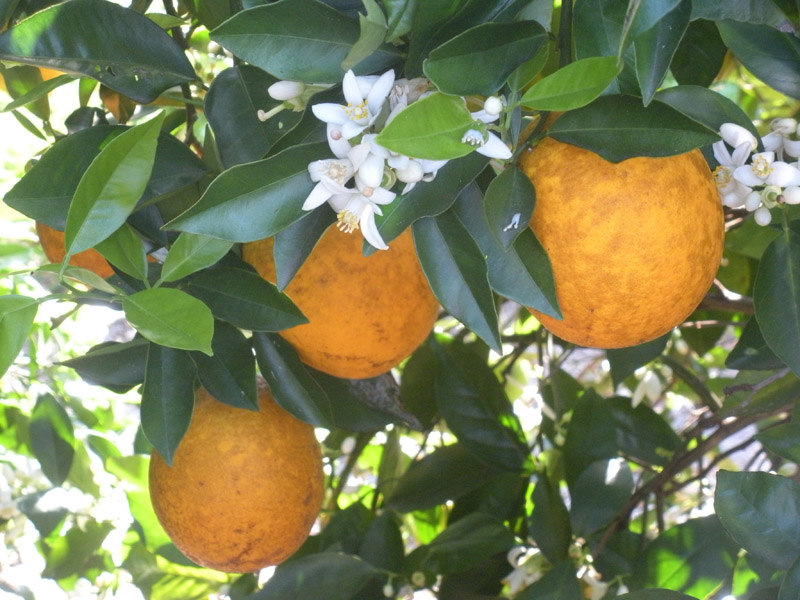
QUESTION: Are those changes positive, and if so, why?
STORY: Using technology in agriculture is very positive. For example, by identifying pests and diseases in real time with NDVR technology, farmers can use specific ways to treat just the areas on the farm affected by them instead of blanket applications across fields. Also, by using soil moisture probes we ensure the plants and trees receive the water they need instead of estimating what they may want. The list of advances in technology for farmers to implement goes on and on.
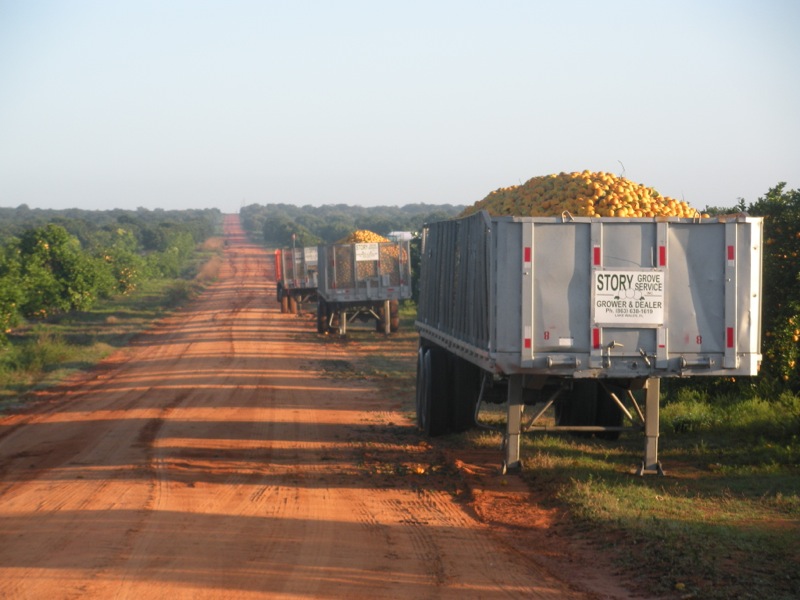
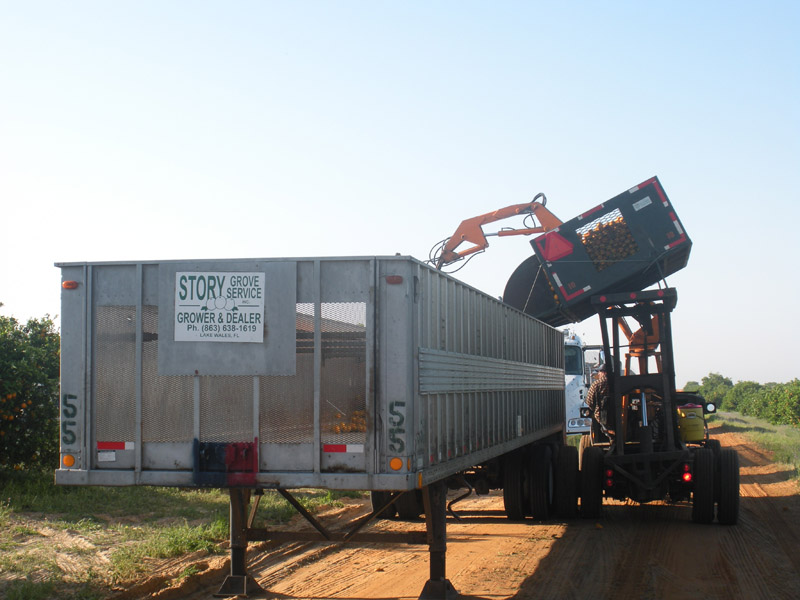
QUESTION: What do the next three to five years look like for The Story Companies?
STORY: We are optimistic about citrus and planting trees using new ways to grow healthy trees. Whether in Citrus Under Protective Screen (CUPS) or using Individual Protective Covers (IPC) for new trees, along with direct systematic application of antimicrobials that are available to growers today. The goal of the Florida citrus industry and our partners is a HLB (greening) resistant tree, which is closer each day, that will lead Florida’s signature crop back to its glory.
Preparing the Next Generation
Agriculture plays a major role in our everyday lives. It’s crucial to spread awareness of its impact, and continue learning and teaching about ag.
One element of educating others on its value is through preparing coming generations of the workforce. Careers in ag span a wide selection. Interested parties can choose from farm production, agribusiness management and marketing, food science, agricultural research and engineering, and many others.

The University of Florida’s Institute of Food and Agricultural Sciences (UF/IFAS) is an extension campus located in Frostproof. They are dedicated to “developing knowledge in agriculture, human and natural resources, and the life sciences,” according to their website.
UF/IFAS not only takes talent and prepares them for careers in ag. They also contribute significantly to the state economy and sustain and support nearly 9,000 across Florida.
Agriculture has always been important, and will continue to provide high-demand products like food, fiber, renewable resources, etc. Learn more about Ag Day and how you can support this precious industry at agday.org.

